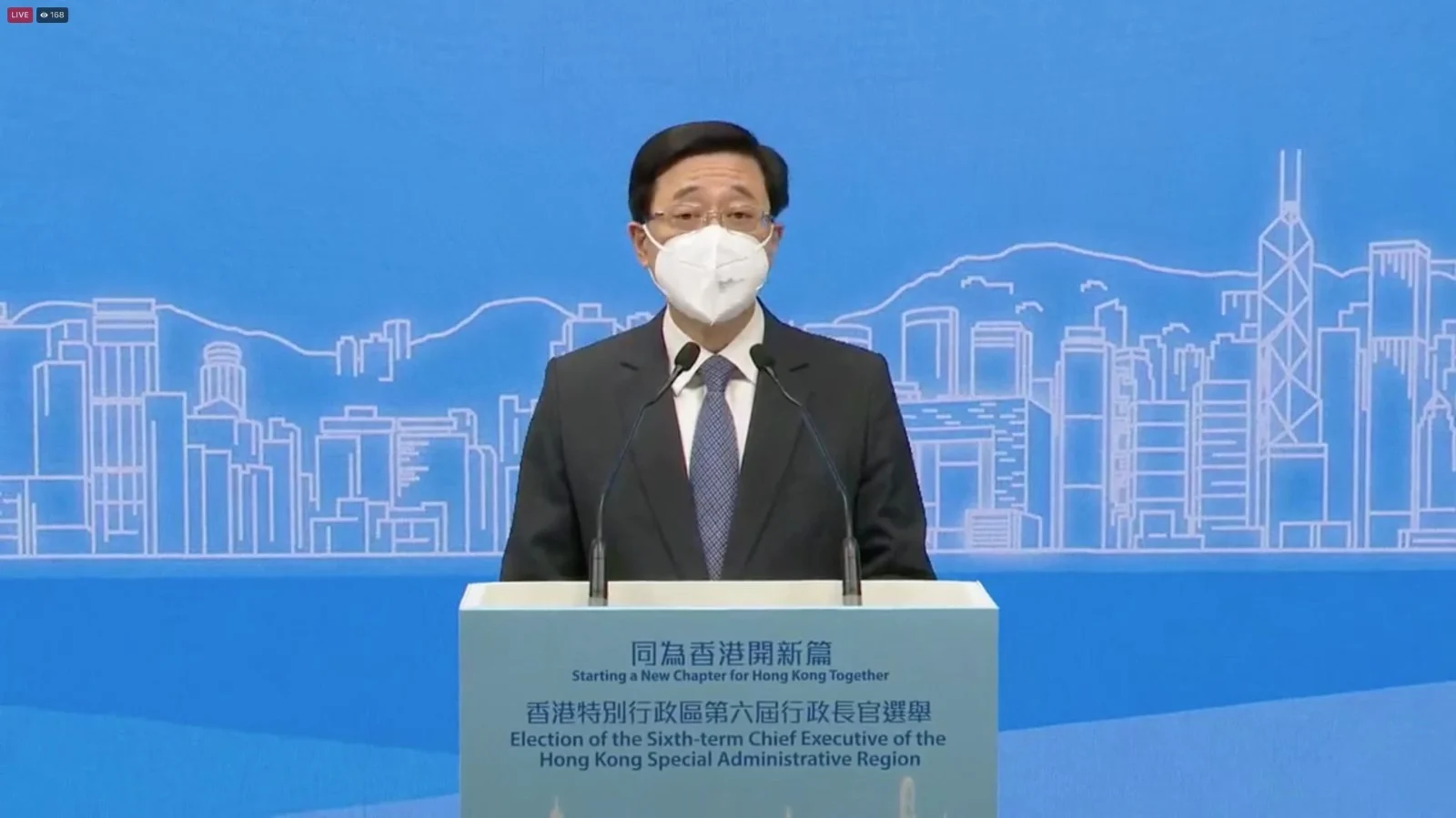
China and Taiwan’s upcoming elections in 2024
Taiwan, a democratic island situated off the southeastern coast of China, has garnered global focus due to ongoing geopolitical tensions. The increasing assertiveness of China in the surrounding region has raised concerns, not just about Taiwan’s security, but also about the preservation of its democratic values in recent times. As Taiwan readies itself for the forthcoming 2024 elections, the influence of China’s escalating assertiveness stands as a major topic of concern and discussion. In this article, we embark on an exploration of the shifting interactions between Taiwan and China, delving into how China’s actions could potentially mold Taiwan’s political landscape in the upcoming 2024 elections.

Read more.. So When is the Next Federal Australia Election?
Read more.. Russia’s 2024 Presidential Election: the Future Political Landscape
China’s Expanding Assertiveness
China’s assertiveness in the Asia-Pacific region has witnessed substantial growth in recent times. This assertiveness encompasses military drills conducted in proximity to Taiwan, diplomatic endeavors to isolate Taiwan, and a persistent campaign aimed at diminishing Taiwan’s global presence.

Read more.. Innovative Business Idea Concepts That Will Redefine Industries
Read more.. How to Take Baby Names Related to Navratri on 2023
Beijing continues to strongly uphold its One China policy, considering Taiwan an inseparable part of China, and it has not dismissed the possibility of using military force to achieve reunification.
Military Maneuvers and Intimidation
A clear and unmistakable display of China’s assertive stance is its frequent military actions near Taiwan. Chinese fighter jets consistently enter Taiwan’s air defense identification zone (ADIZ), and naval patrols in the Taiwan Strait have become a regular occurrence. These actions are often interpreted as acts of intimidation, designed to assess Taiwan’s response capabilities and erode its defenses.
Diplomatic Isolation
China has also actively pursued the diplomatic isolation of Taiwan. It exerts pressure on countries and international bodies to refrain from officially recognizing Taiwan as a sovereign state. This diplomatic isolation can curtail Taiwan’s participation in international forums, hampering its engagement with the global community.
Economic and Cyber Warfare
China’s influence extends to economic and cyber warfare tactics. Economic coercion, including discouraging international firms from conducting business with Taiwan, carries significant economic ramifications. Additionally, cyberattacks originating from China pose an ongoing threat to Taiwan’s critical infrastructure and information systems.
Impact on Taiwan’s 2024 Elections
As Taiwan readies itself for the 2024 elections, China’s burgeoning assertiveness could yield several potential consequences:
National Security Concerns: Heightened military activities in Taiwan’s vicinity may instill concerns among voters regarding national security. Candidates advocating for robust defense policies could garner greater support.
Identity and Independence: China’s assertiveness might influence how the electorate perceives Taiwanese identity and independence. Pro-independence candidates could witness increased popularity in response to perceived threats to Taiwan’s sovereignty.
Diplomatic Relations: Candidates equipped with clear strategies for navigating Taiwan’s diplomatic relations amidst Chinese pressure may resonate with voters concerned about international isolation.
Economic Resilience: Candidates capable of presenting robust plans for economic resilience in the face of potential economic coercion from China may find favor with voters.
Cybersecurity: Addressing cybersecurity concerns and safeguarding critical infrastructure may emerge as pivotal electoral issues.



